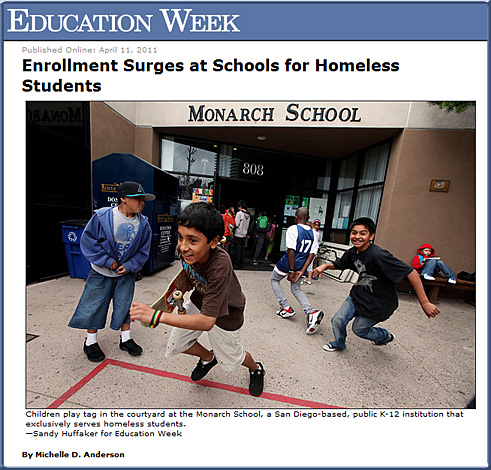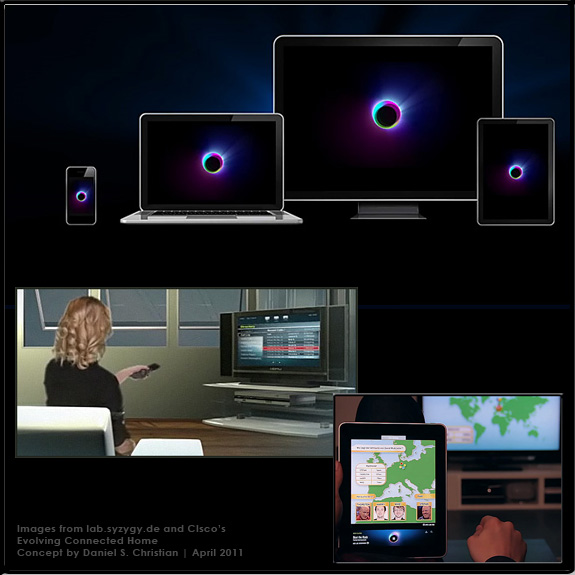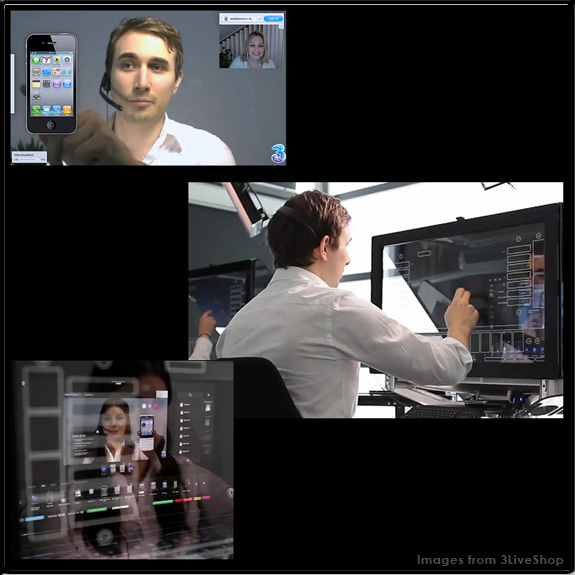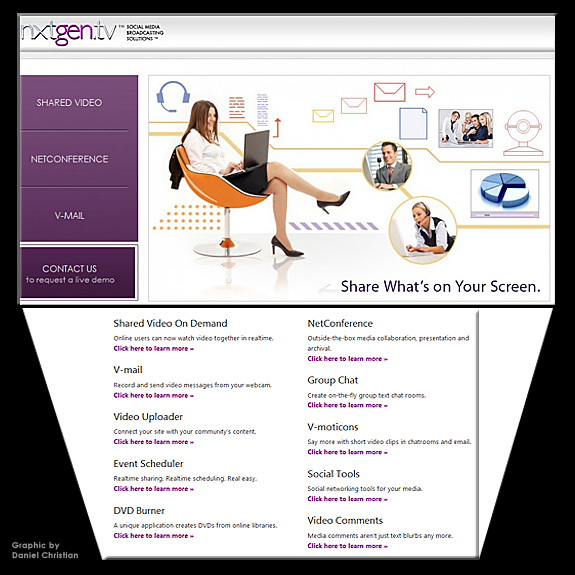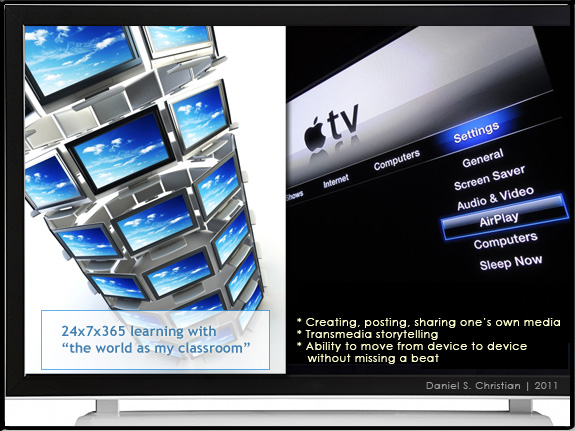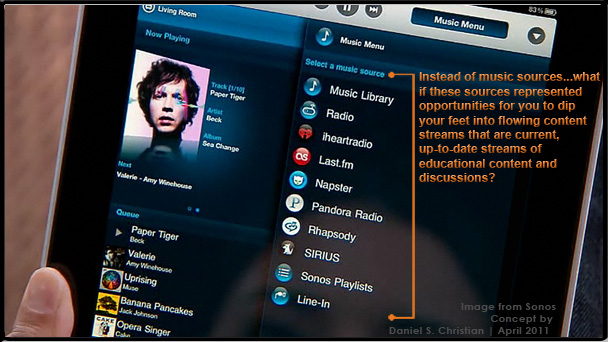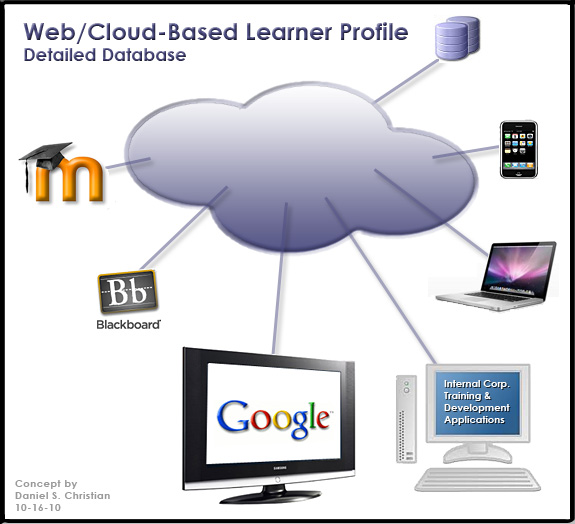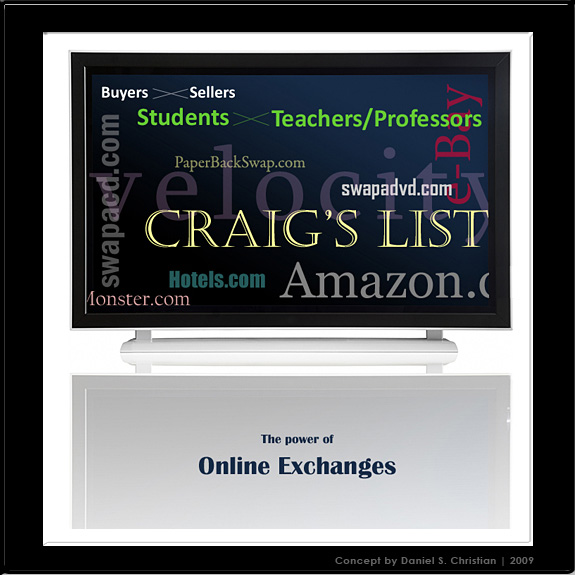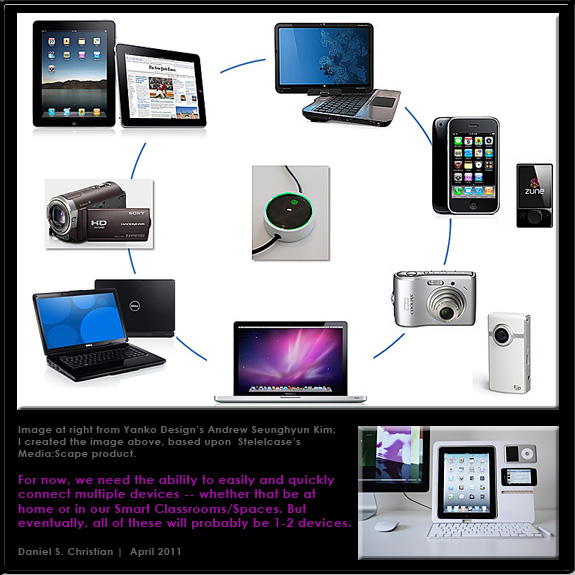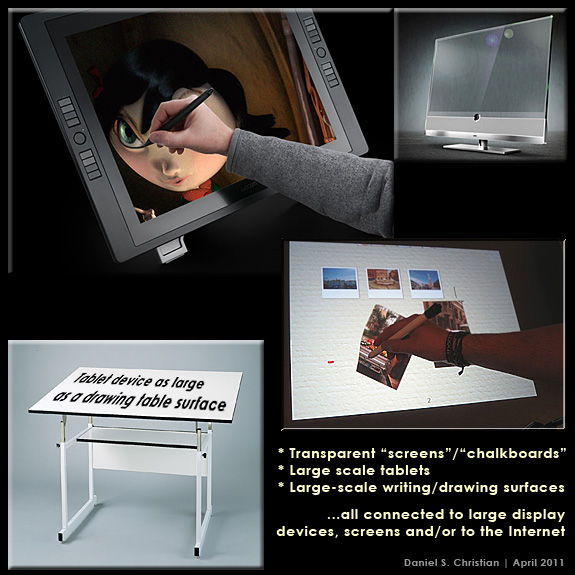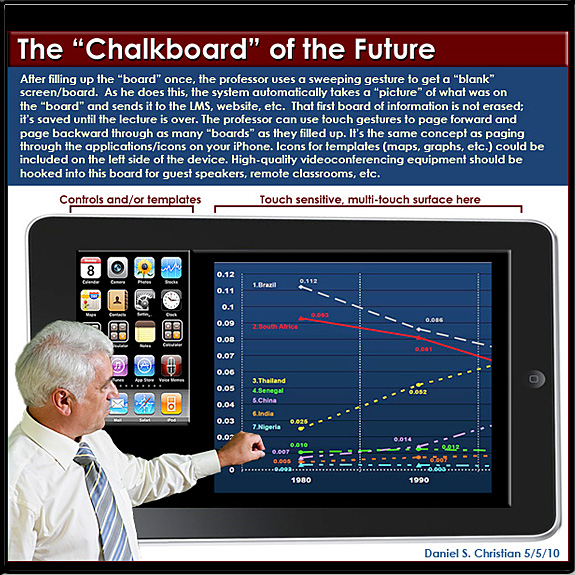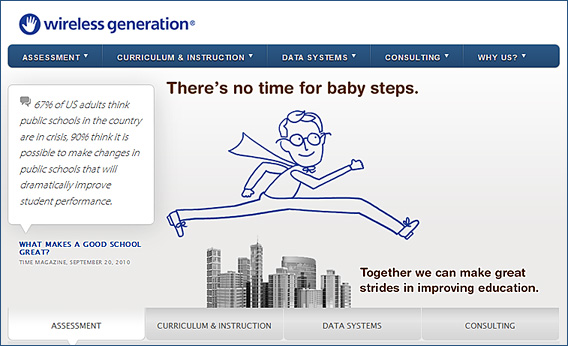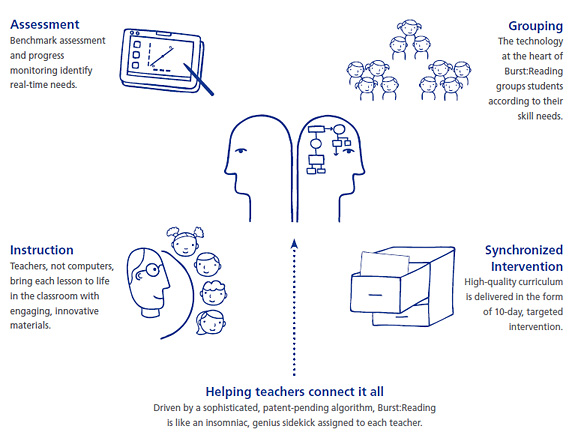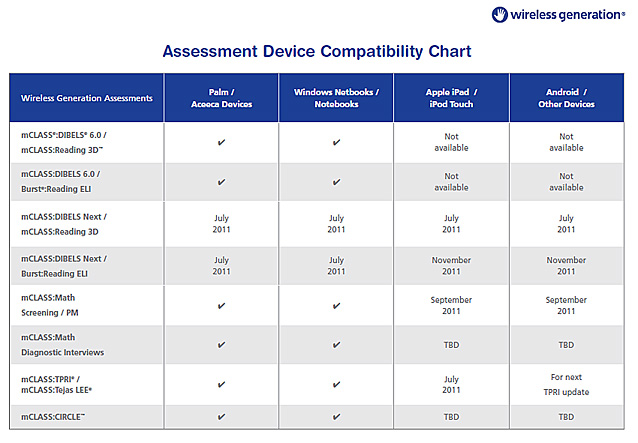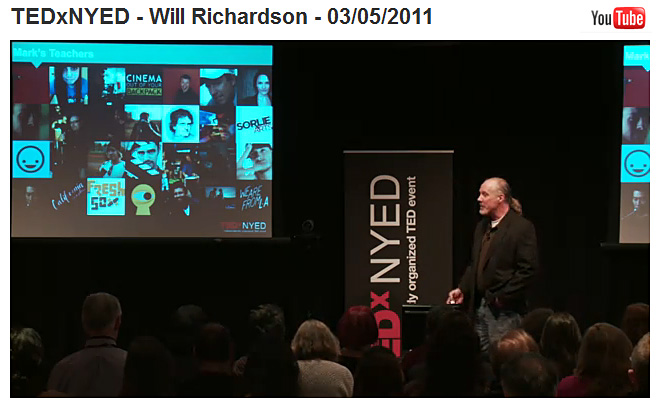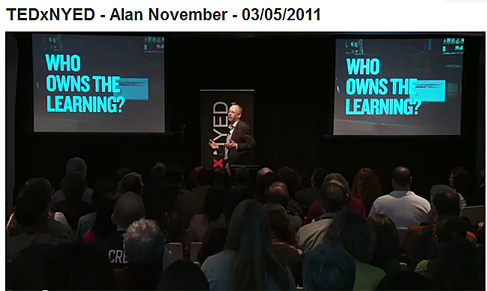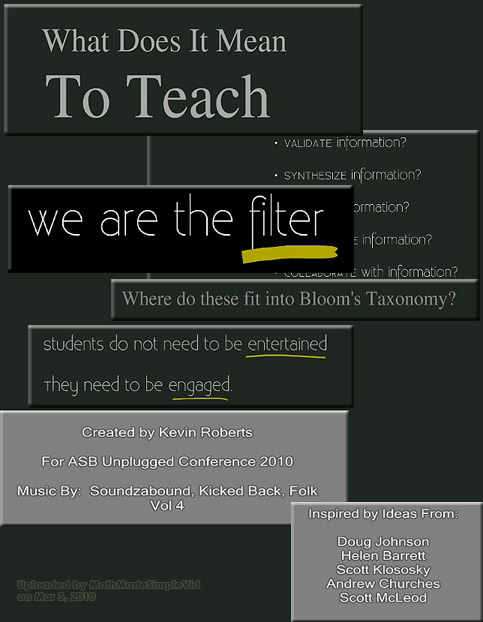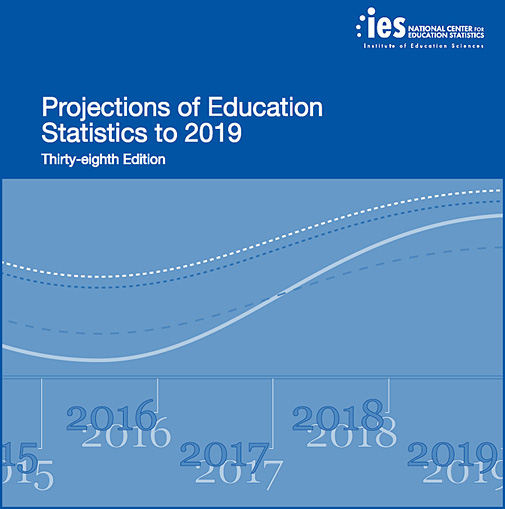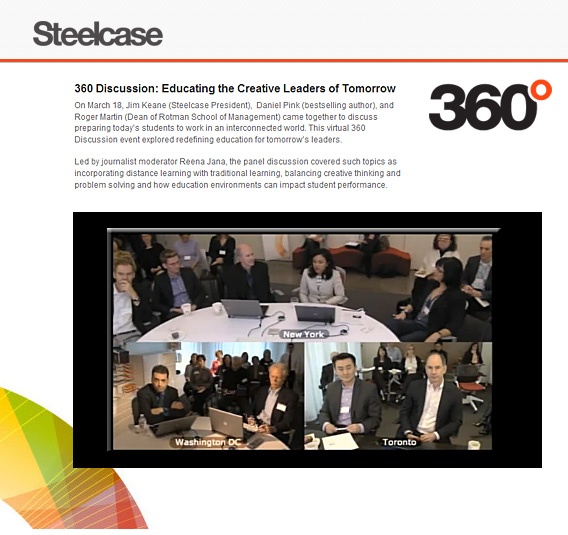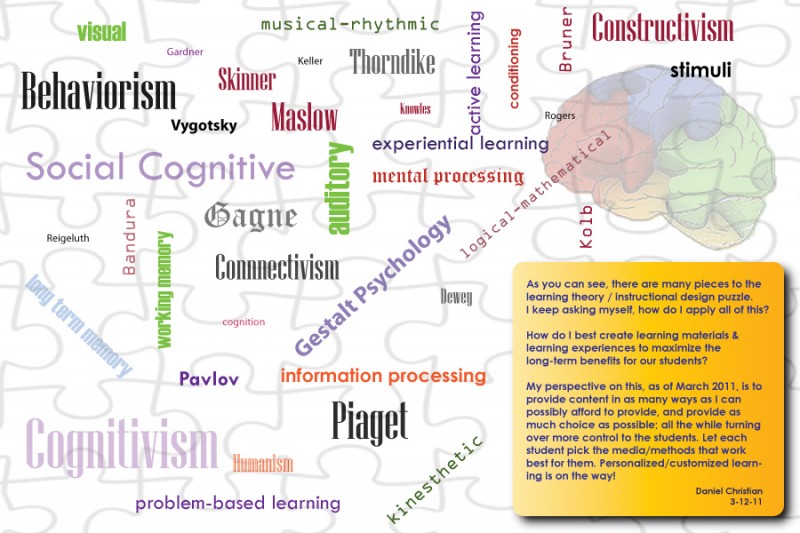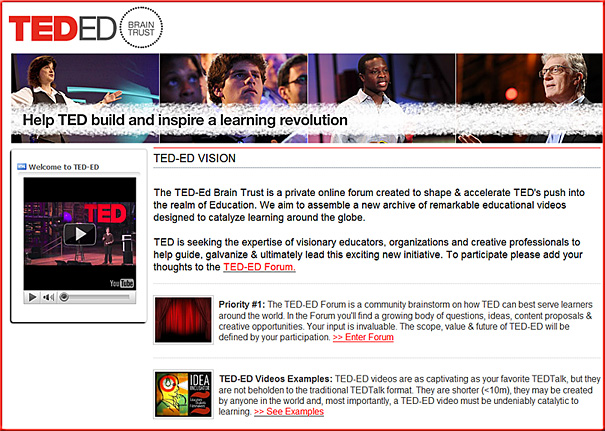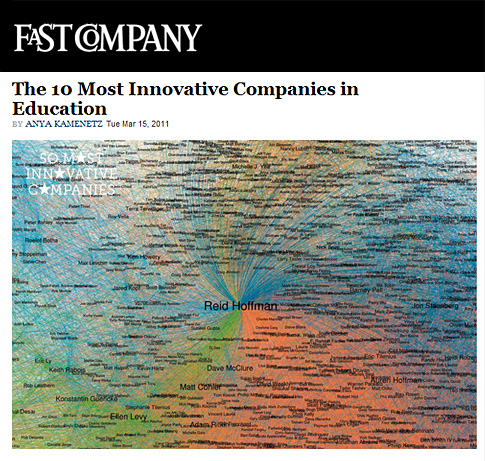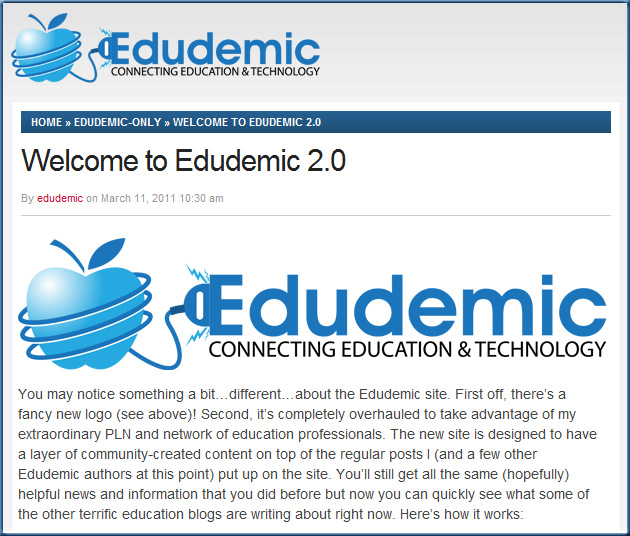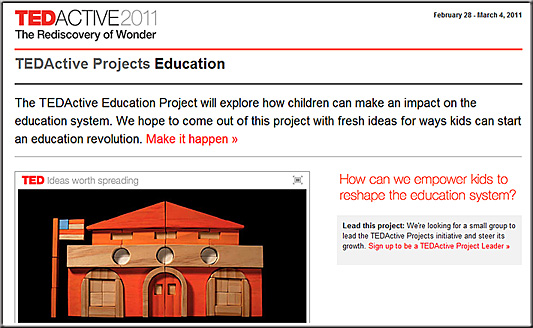Originally saw this at:
The Educator’s PLN- posted by Chris McEnroe on 3/28/11
Also, very relevant here is the following posting from Arne Duncan at ED.gov blog:
- The Changing Face of American Education
(Cross-posted from the White House Blog)One of the greatest challenges facing our country is the coming retirement of more than 1 million baby-boomer teachers. This challenge has presented us with a once in a lifetime opportunity to help reshape education in America by recruiting and training the next generation of great American teachers.
Teaching is a rewarding and challenging profession where you can make a lasting impact. Teachers have a positive influence on students, schools, and communities, now and into the future. Schools across the nation are in need of a diverse set of talented teachers, especially in our big cities and rural areas, and especially in the areas of Math, Science, Technology, Special Education, and English Language Learning.
That’s why the department launched the TEACH campaign — a bold new initiative to inspire and empower the most talented and dedicated Americans to become teachers. We know that next to parental support, there is nothing more important to a child’s education than the quality of his or her teachers.
Many of you are already thinking about becoming teachers. The TEACH campaign provides tools at your fingertips to navigate the academic and professional requirements that will credential you to succeed as a teacher in one of our schools. TEACH.gov features an online path to teaching and over 4,000 listed, open teaching positions.
Also see:
- Four Characteristics of Successful Teachers — from Faculty Focus by Maryellen Weimer
21st century education requires lifewide learning — from Harvard Business Review by Chris Dede
I have decided to spend the remainder of my career helping to replace industrial era schooling with educational structures better suited to our 21st century, global, innovation-based economy. This sweeping goal of total educational transformation may seem overly ambitious for someone whose work centers in learning technologies. However, in my research I consistently find that new media are at the heart of innovative models for education: contributing to the obsolescence of traditional schools/universities as educational vehicles, while simultaneously empowering new forms of learning and teaching.
The Education Game-Changer — from the Huffington Post by Neal Bascomb (author of THE NEW COOL, a story about science, education, and robots)
Charter schools, standardized tests, merit pay, teacher tenure — worthy topics, but ones about incremental movements in an American educational system desperate for a game-changer.
…
A noble ambition, but the truth is we already have the technology to transform education and return American schools to their preeminence in the world. The game-changer is the creation of a first-class, digital educational platform with enhanced, immersive lessons across a range of subjects at all grade levels. Technology will be in our schools, the focus should be on the quality of content on their screens.
For generations calculus has been taught the same way.
…
Now imagine learning calculus in a new way. Color tablet computer in hand, students choose their preferred learning style (lecture-based, symbolic, text, or visual). They set their own pace and level of interactivity. They select the avatar of their choice to deliver lectures (will.i.am, anyone) and how often they need to be quizzed to determine/aid retention. The standards of what is taught do not change, but their presentation is remarkably transformed. Instead of a blur of equations and two-dimensional graphs, imagine calculus illustrated with 3-D animations and defined in terms of its real-world applications. Solving a differential equation to determine trajectory is a lot more interesting if we make it about a doomsday scenario of an asteroid crashing into Earth — or just missing. Such video game-like techniques would be part and parcel of this new platform. Add in a social network, where students can interact with their peers, and an “app” market where experts offer their own pieces of the puzzle, and this platform comes even more alive.
From DSC:
In my recent class at Capella University, one of the last discussion board questions asked:
- Do you think learning theory should be more explicit in official discussions of policy?
What a great question! My answer was yes, as it makes sense to me to guide educational reform by what is best for the students…for learning. Hopefully, we can make informed decisions. Though I’ve learned that there is no silver bullet when it comes to learning theories, each learning theory seems to be a piece of the puzzle for how we learn. Graphically speaking:
If viewing the above graphic on the Learning Ecosystems blog (vs. in an RSS feed/reader):
You may need to right-click on the above image and save it, then open it.
Such theories should have a place when policies are drafted, when changes are made. But I don’t often hear reference to the work of Thorndike, Bandura, Vygotsky, Gagne, Kolb, etc. when legislative bodies/school boards/or other forms of educational leadership are exploring future changes, directions, strategies. What is it that these people were trying to relay to us? What value can we gleam from them when we form our visions of the future? How does their work inform our selection of pedagogies, tools, organizational changes?









